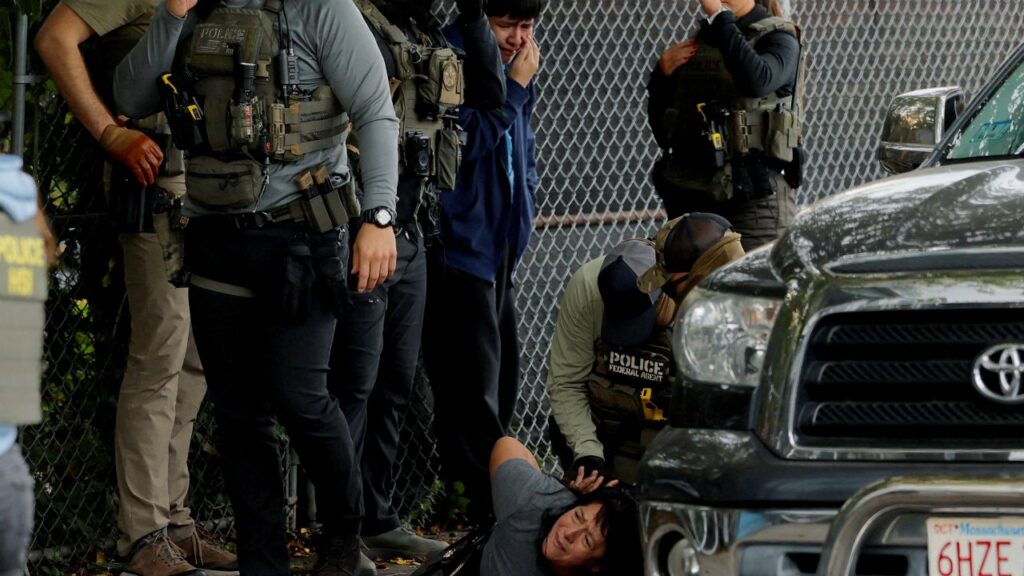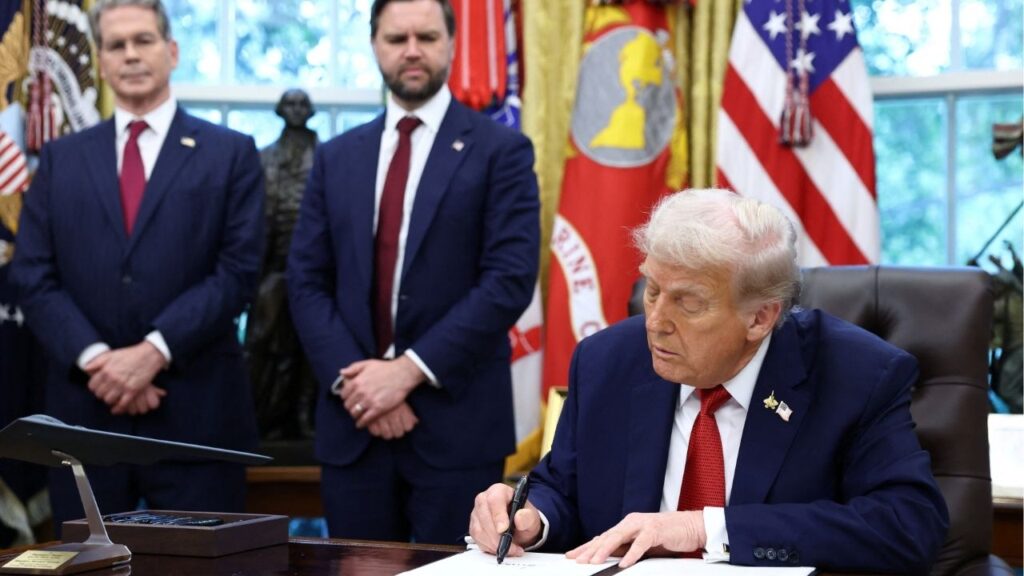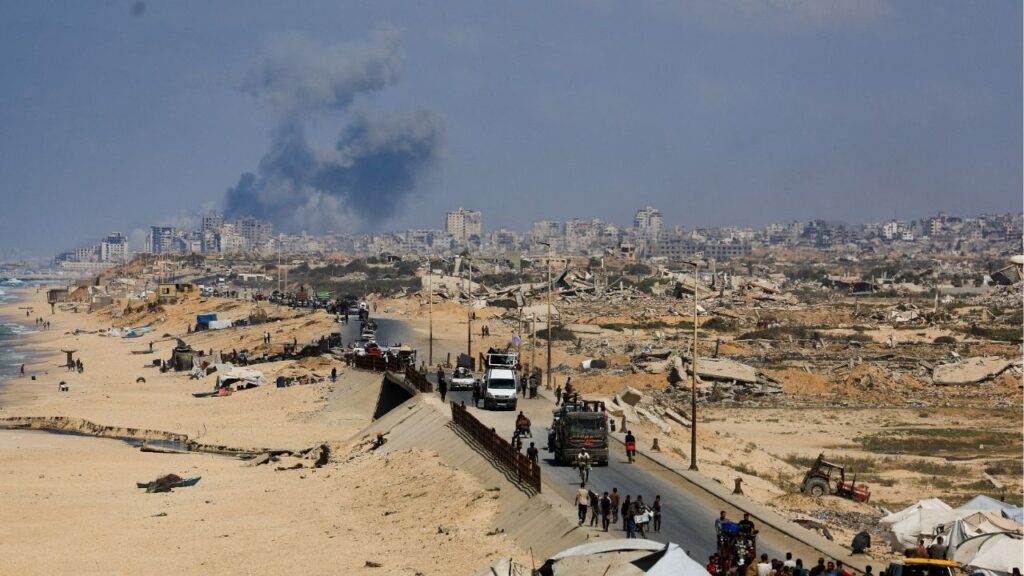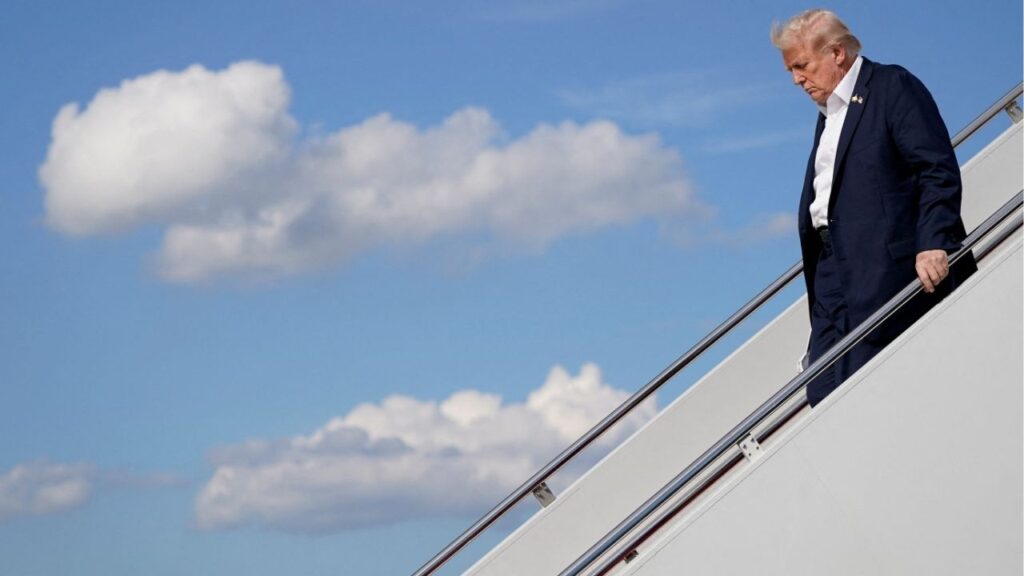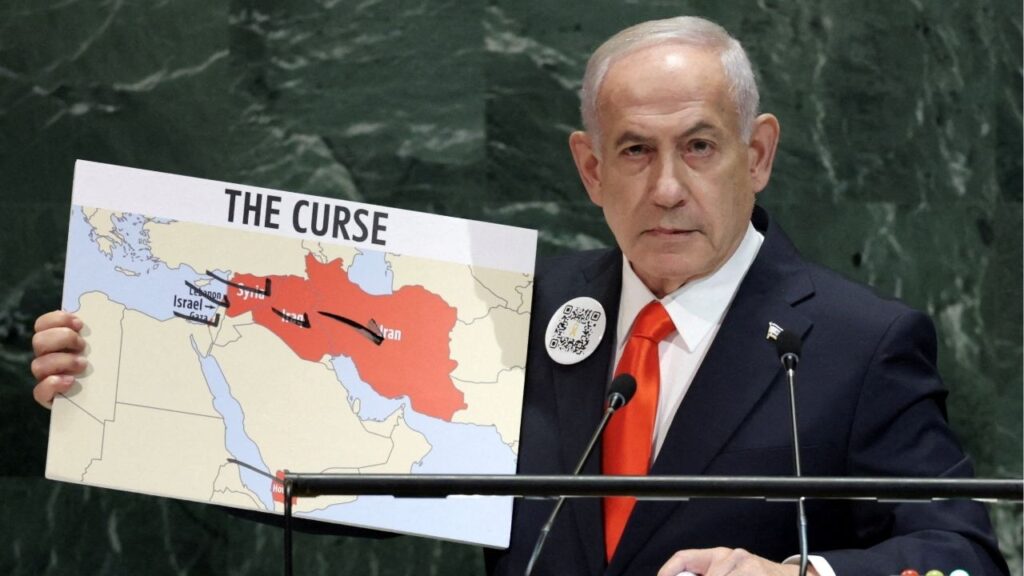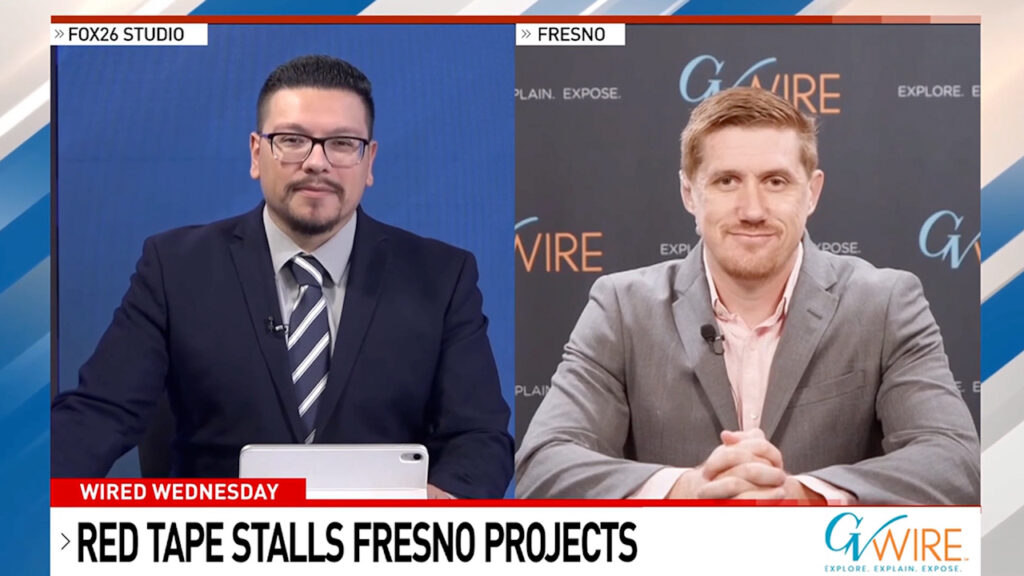Share
|
Getting your Trinity Audio player ready...
|
Iran and Saudi Arabia on Friday agreed to reestablish diplomatic relations and reopen embassies after years of tensions between the two countries, including a devastating attack on the heart of the kingdom’s oil production attributed to Tehran.
The deal, struck in Beijing this week amid its ceremonial National People’s Congress, represents a major diplomatic victory for the Chinese as Gulf Arab states perceive the United States slowly withdrawing from the wider Middle East. It also comes as diplomats have been trying to end a yearslong war in Yemen, a conflict in which both Iran and Saudi Arabia are deeply entrenched.
The two countries released a joint communique on the deal with Chinal, which apparently brokered the agreement. Chinese state media did not immediately report the agreement.
Iranian state media posted images and video it described as being taken in China of the meeting. It showed Ali Shamkhani, the secretary of Iran’s Supreme National Security Council, with a Saudi official and Wang Yi, China’s most senior diplomat.
“After implementing of the decision, the foreign ministers of the both nations will meet to prepare for exchange of ambassadors,” Iranian state television said. It added that the talks had been held over four days.
The joint statement calls for the reestablishing of ties and the reopening of embassies to happen “within a maximum period of two months.”
In the footage aired by Iranian media, Wang could be heard offering “whole-hearted congratulations” on the two countries’ “wisdom.”
“Both sides have displayed sincerity,” he said. “China fully supports this agreement.”
China, which recently hosted Iran’s hard-line President Ebrahim Raisi, is also a top purchaser of Saudi oil. President Xi Jinping, just awarded a third five-year term as president earlier on Friday, visited Riyadh in December to attend meetings with oil-rich Gulf Arab nations crucial to China’s energy supplies.
Iran’s state-run IRNA news agency quoted Shamkhani as calling the talks “clear, transparent, comprehensive and constructive.”
“Removing misunderstandings and the future-oriented views in relations between Tehran and Riyadh will definitely lead to improving regional stability and security, as well as increasing cooperation among Persian Gulf nations and the world of Islam for managing current challenges,” Shamkhani was quoted as saying.
Saudi officials did not immediately respond to a request for comment from The Associated Press. Shortly after the Iranian announcement, Saudi state media began publishing the same statement.
High Tensions
Tensions have been high between Iran and Saudi Arabia. The kingdom broke off ties with Iran in 2016 after protesters invaded Saudi diplomatic posts there. Saudi Arabia days earlier had executed a prominent Shiite cleric, triggering the demonstrations.
In the years since, tensions have risen dramatically across the Middle East since the U.S. unilaterally withdrew from Iran’s nuclear deal with world powers in 2018. Iran has been blamed for a series of attacks in the time since, including one that targeted the heart of Saudi Arabia’s oil industry in 2019, temporarily halving the kingdom’s crude production.
Though Yemen’s Iranian-backed Houthi rebels initially claimed the attack, Western nations and experts have blamed the attack on Tehran. Iran long has denied launching the attack. It has also denied carrying out other assaults later attributed to the Islamic Republic.
The Houthis seized Yemen’s capital, Sanaa, in September 2014 and forced the internationally recognized government into exile in Saudi Arabia. A Saudi-led coalition armed with U.S. weaponry and intelligence entered the war on the side of Yemen’s exiled government in March 2015. Years of inconclusive fighting has created a humanitarian disaster and pushed the Arab world’s poorest nation to the brink of famine.
A six-month cease-fire in Yemen’s war, the longest of the conflict, expired in October despite diplomatic efforts to renew it. That led to fears the war could again escalate. More than 150,000 people have been killed in Yemen during the fighting, including over 14,500 civilians.
In recent months, negotiations have been ongoing, including in Oman, a longtime interlocutor between Iran and the U.S. Some have hoped for an agreement ahead of the holy Muslim fasting month of Ramadan, which will begin later in March.
The U.S. Navy and its allies have seized a number of weapons shipments recently they describe as coming from Iran heading to Yemen. Iran denies arming the Houthis, despite weapons seized mirroring others seen on the battlefield in the rebels’ hands. A United Nations arms embargo bars nations from sending weapons to the Houthis.
It remains unclear, however, what this means for America. Though long viewed as guaranteeing Mideast energy security, regional leaders have grown increasingly wary of Washington’s intentions after its chaotic 2021 withdrawal from Afghanistan. The U.S. State Department did not immediately respond to a request for comment over the announced deal.








